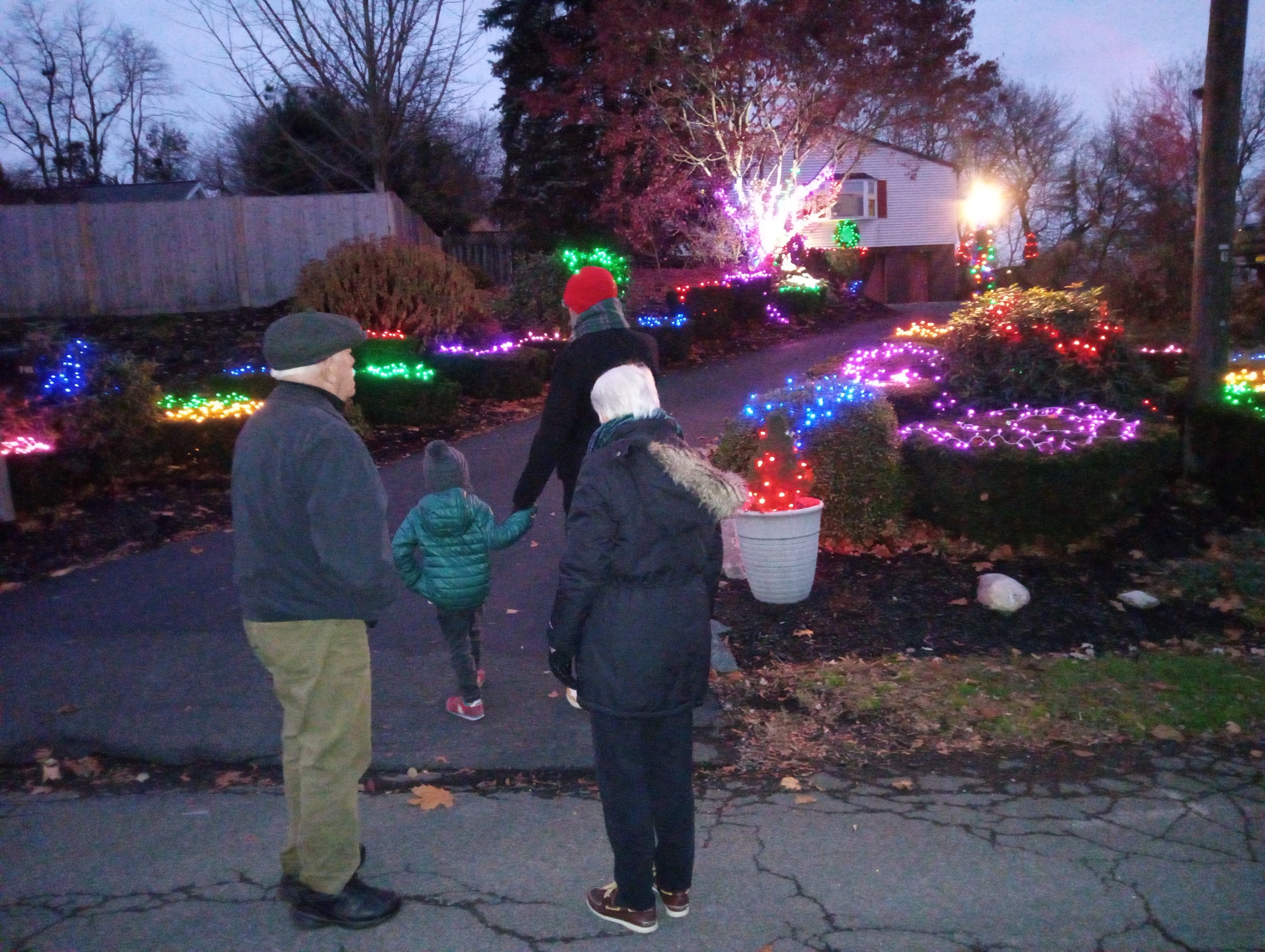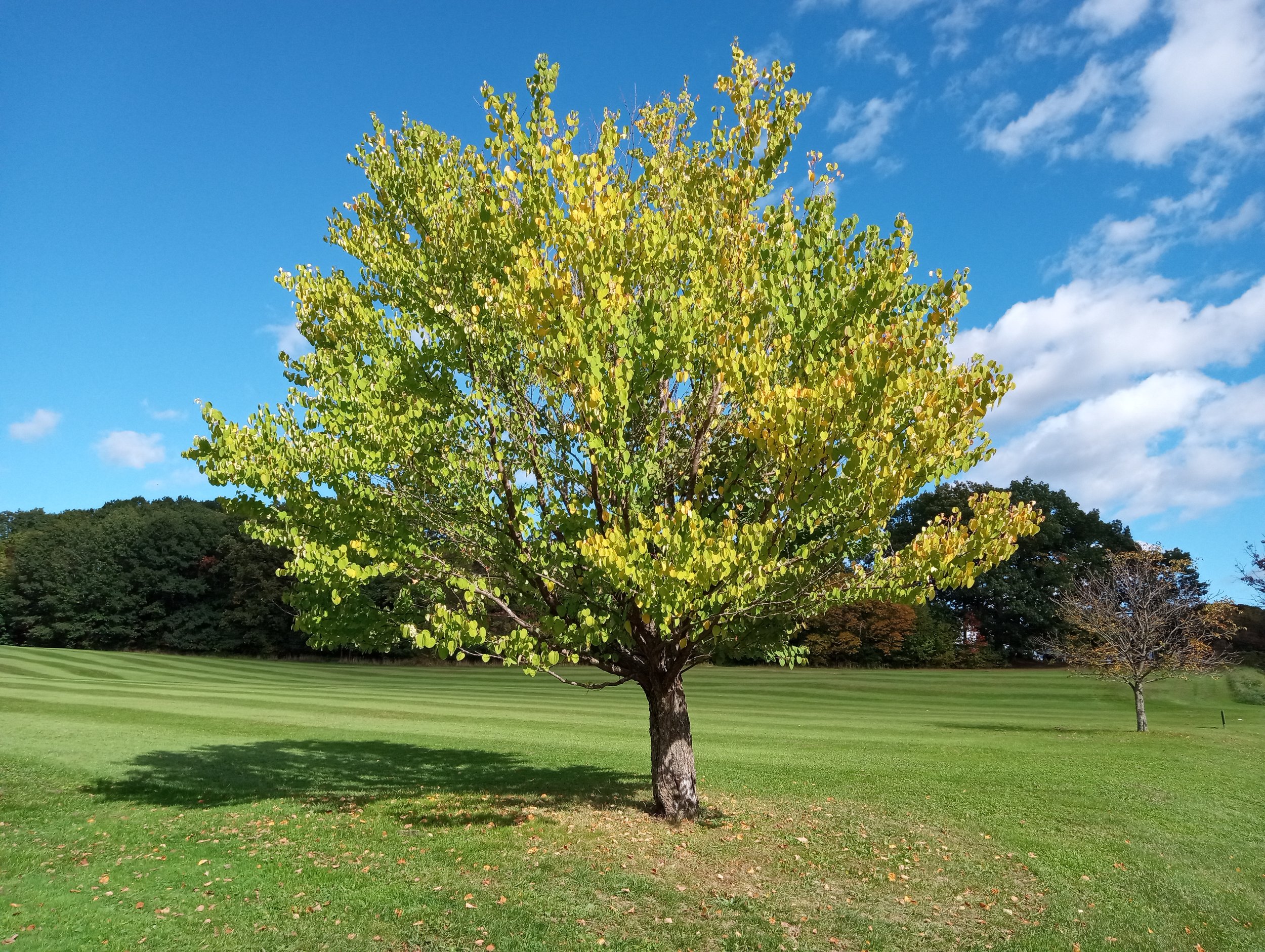Navigating Academic Conferences as an Introvert
I am a genuine introvert (with some extrovert tendencies). If you are not sure of whether you are an introvert, Quiet is an excellent read that provides many insights into this way of being. But if you find academic conferences truly draining, if you feel stressed passing through the lobby, if you experience anxiety about having short conversations with people you do not know, you are probably an introvert!
As an introvert, I found academic conferences extremely stressful. This was furthered by my sense that there were particular things that I was supposed to be getting out of conferences (namely an expanded network) that I was failing to achieve. It felt like everyone else was happily chatting with endless new academic friends who would help deeply advance their research agendas and general happiness, while I was dodging through the crowded hotel lobby kind of hoping not to run into anyone.
Now that I am out of academia, I can see that many of these anxieties are widely shared. They are also fostered by persistent imposter syndrome and the painful hierarchy that is part of so many fields in higher ed. But, introverts, take heart! There are healthier ways to navigate conferences. Here are some steps I wish I had taken when I was navigating this world myself.
Consider how many conferences you want/have to go to. First, if you do not like attending conferences, consider whether you need to attend conferences. These events can obviously be good ways to keep up with developments in your field, meet colleagues who work on related topics, and visit another place. But there are other ways to do these things as well, like following the big journals in your field and scheduling Zoom meetings with faculty whose work you admire.
So give yourself permission to avoid conferences (or at least some conferences) if you do not enjoy them. You want to, of course, think about how a decision like this would impact you professionally (like do you need conference presentations for tenure?). Consider the cost as well; with research budgets nonexistent or shrinking at many schools, weigh whether attendance is worth it.
Identify goals for the ones that you do attend. Assuming you decide to attend a conference, identify your goals for the event. Is it mainly to present a paper? Is it to network with other scholars? Is it to have a break from your young child and department drama? Identifying clear goals will make it easier to decide how to spend your conference time. If you truly just need to get a paper presentation on your CV, give yourself permission to feel ok about avoiding too much networking. If you want to build your scholarly network, begin planning early how this can happen in ways that are comfortable for you.
Consider which kinds of conference you attend. There may be expectations at your institution that you attend certain conferences. But if you have some leeway in this, think about what kind of conferences you feel most comfortable at and which would be most useful for you. You might prefer smaller conferences where it is easier to meet people or conferences that are designed to facilitate deeper connections with others. Can you find a small focused conference that centers on your research topic or a conference where manuscripts are workshopped? Events like these might make it easier for you to be with people and could ultimately be more productive in terms of meeting your professional goals.
Set up networking activities ahead. While you may just meet scholars at the hotel coffee shop, if networking is a goal of yours, try and decide what kinds of networking would be most productive and comfortable for you as an introvert. I do best in one-on-one conversations, which can be difficult to come by at a paper session or in a crowded hotel lobby. So look over the program before the conference starts and identify scholars who you might like to meet. Then consider asking them if they would be willing to share a quick cup of coffee. Setting up such events ahead of time ensures they will happen and can reduce anxiety about networking.
It’s best to be specific in these requests. You might note that your new research project shares commonalities with their work and you’d love to hear their thoughts since you are in the planning stages. Remember that people are busy at conferences so be specific about the time you are asking for (30 minutes is probably a good bet). You don’t need to meet many people during a conference, but even arranging one meeting can expand your network in useful ways.
Go to a business meeting of a section you are related to. It can be hard for us introverts to meet people at conferences so sometimes it’s good to put some events on your calendar that will help facilitate that (if it’s a goal of yours). If it’s a large conference with meetings for particular sections of the group (e.g. feminist anthropologists), try to attend one of these. These are more casual events and often members introduce themselves. You might also look for pre-planned events (luncheons, workshops etc.). Sometimes participating in something more structured can be a nice way to encounter others.
Plan meals ahead with friends and colleagues. You may want to enjoy meals on your own, but if you feel like you want to have them with others, set up a few with friends and colleagues in the week or two leading up to the conference. It’s hard as an introvert to wander a hotel lobby hoping for a dinner invitation. Consider doing some research to identify quieter restaurants near the conference location where you can easily hear each other and catch up.
Give yourself permission to take breaks. Being at a conference does not mean that you have to be actively attending panel sessions all the time. Keep track of your energy level and give yourself the right to take breaks when you need them. Go to a coffee shop and read a novel. Lie down in your hotel room. Do what you need to do to not feel exhausted. You might prioritize the sessions you really want to attend so you can make time for them. But then gauge your energy before the sessions you aren’t as excited about and allow yourself to skip them. If you’re feeling drained during a session, it likely will be difficult to focus, which will mean you won’t get much out of them anyway.
Plan something fun away from the conference. Treat yourself! Explore a new city. Go to a museum. Eat in a tasty restaurant that specializes in a kind of food you can’t get where you live. Catch up with a nonacademic friend who lives there. Having fun planned ahead of time can make conferences more enjoyable. If you are meeting academic friends at the conference, maybe suggest an activity like this with them.
*****
Making conferences your own by centering your goals and then taking concrete steps to meet them is a great way to feel better at these events as an introvert. Good luck with the process, and please let me know if you have other ideas of tips that have worked for you in the past!
*****
Like this blog post? Please subscribe below to receive notifications about future posts. And looking for more writing support? Consider joining one of my scholarly writing groups!






























